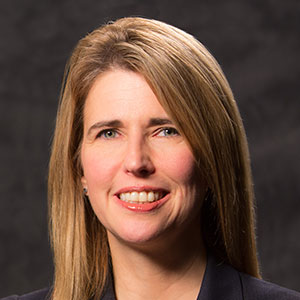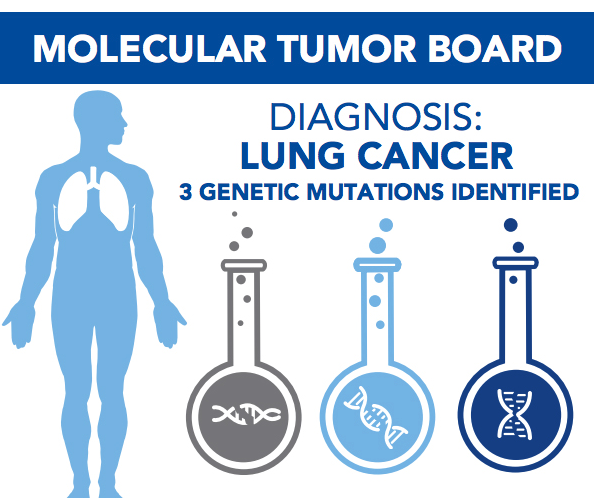Biography
Dr. Anna Berry is the Deputy Director for Molecular Pathology and Genomics at the Swedish Cancer Institute, where she also serves as the Scientific Director of the Personalized Medicine Program. She is a graduate of the University of Nebraska Medical Center, and completed her post-graduate training at SUNY Upstate Medical University, the Medical College of Virginia, and the National Cancer Institute. Dr. Berry is Board Certified in Molecular Genetic Pathology, Cytopathology, Anatomic Pathology and Clinical Pathology, and served previously as the Director of Molecular Pathology and the Director of the Molecular Genetic Pathology fellowship training program at UCSF. Her clinical focus is making genomic technologies accessible to patients, and integrating genomic data into patient care. She serves on several national committees, including the Personalized Healthcare Committee of the College of American Pathologists, and participates in several national genomics task forces.
Session Abstract – PMWC 2020 Silicon Valley
The Molecular Tumor Board (MTB) was mostly established to facilitate the incorporation of molecular diagnostics into the consideration of appropriate therapies for patients with late stage cancer. Initially, much of the deliberation was focused on understanding the results of such testing, as reporting of results was limited in scope and frequently understandable only to cutting edge experts in the field. Improved, but still not perfect, reporting now exists, so discussion has shifted to prognostic and therapeutic considerations. That said, the collective experience with rare mutations and off label therapies is still such that collective wisdom is necessary. This brings up the issue of how MTBs collect, share, and preserve data within a specific MTB, and perhaps more importantly, how it might be shared amongst MTBs and beyond. While initial activity related to MTBs resided almost exclusively in large academic, and select community, medical centers, there is now significant effort in the commercial setting as well, with a number of intriguing efforts presently underway. Important and evolving issues, such as defining which patients are most likely to benefit from the efforts of a MTB, Virtual MTBs, and the generation of Real World Evidence, will be discussed.









